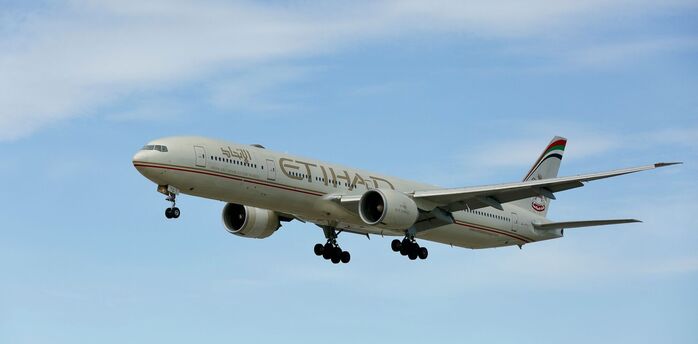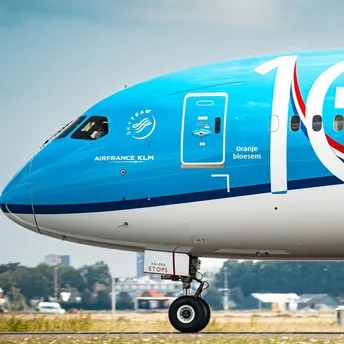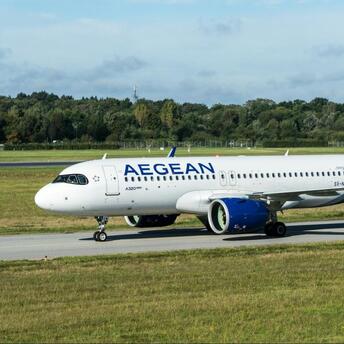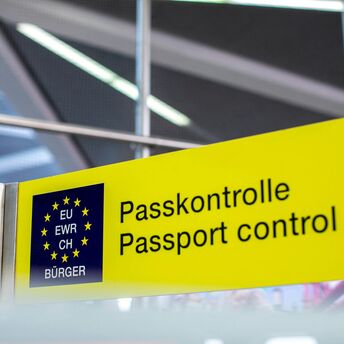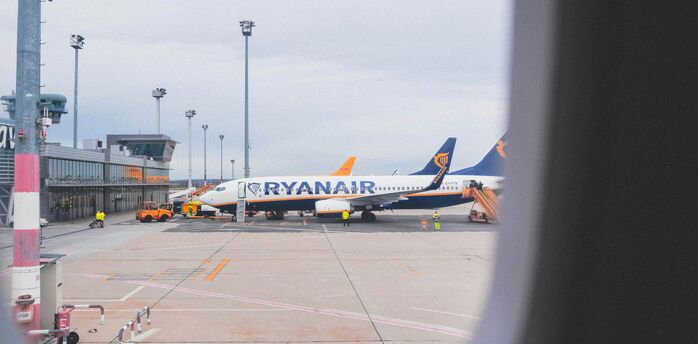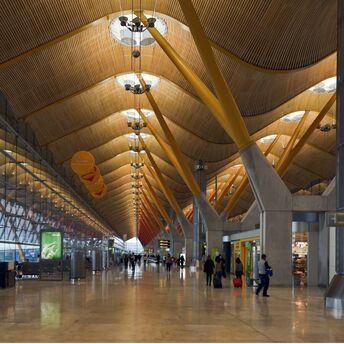New Visa to Train Like a K-pop Star in South Korea
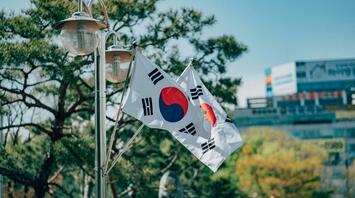
South Korea is set to introduce a new visa aimed at attracting aspiring K-pop enthusiasts from around the globe, boosting its tourism industry amidst the post-pandemic recovery. The "K-Culture Training Visa" will facilitate foreigners interested in training in K-pop dancing, choreography, and modeling, announced by the finance ministry on Monday.
Applicants for this visa will not initially need an audition or a callback from a talent agency, although further details are expected to be released later this year.
The global interest in Korean culture, known as Hallyu or the K-wave, has driven many international fans to visit South Korea, often learning the language and embarking on pilgrimages to famous K-pop music video and K-drama filming sites.
Seoul aims to leverage the popularity of its culture to attract more global visitors, potentially easing travel barriers for Southeast Asian tourists. Last year, tourists from countries like Thailand and the Philippines accounted for over a fifth of total visitors to South Korea, despite stringent visa requirements.
Since the 1990s, South Korean cultural exports have surged, epitomized by groups like BTS and Blackpink topping international music charts and Korean dramas gaining popularity on global streaming platforms.
According to the Ministry of Culture, Sports and Tourism (MCST), K-pop remains the primary draw for visitors, especially from Southeast Asia, Europe, and the US.
While South Korea's tourism sector has shown signs of recovery with 11 million visitors last year, up slightly from the previous year, it has not yet returned to pre-pandemic levels when over 17.5 million tourists visited in 2019. Tourism revenue in 2023 fell to $15.1 billion, a 25% decline from $20 billion in 2019, attributed to shifting tourist spending from shopping to cultural experiences.
In addition to the K-Culture Training Visa, South Korea has also introduced a digital nomad visa earlier this year, encouraging remote workers to stay and work in the country while enjoying its tourism offerings.
These visa initiatives not only aim to bolster tourism but also address broader economic strategies, potentially contributing to workforce growth amidst South Korea's demographic challenges, including the world's lowest fertility rate.


